Life
Sign up for our newsletter
We summarize the week's scientific breakthroughs every Thursday.
-
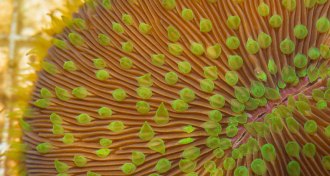 Animals
AnimalsCoral larvae survive being frozen and thawed for the first time
Cryopreservation might help save some coral reefs at risk from climate change and other dangers.
By Susan Milius -
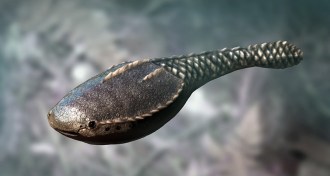 Paleontology
PaleontologyThe first vertebrates on Earth arose in shallow coastal waters
After appearing about 480 million years ago in coastal waters, the earliest vertebrates stayed in the shallows for another 100 million years.
-
 Life
LifeTo get a deeper tan, don’t sunbathe every day
Skin cells make protective melanin on a 48-hour cycle.
-
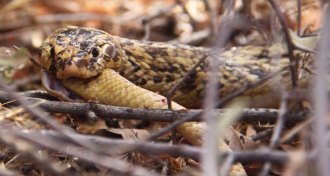 Animals
AnimalsHow a snake named Hannibal led to a discovery about cobra cannibalism
Scientists discovered that cobras in southern Africa eat each other more often than thought. And that may be true for cobras in other places as well.
-
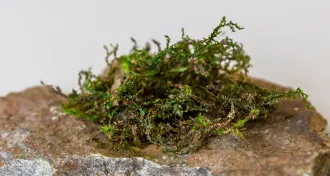 Plants
PlantsLiverwort plants contain a painkiller similar to the one in marijuana
Cannabinoids found in liverwort plants could spell relief for those suffering from chronic pain.
-
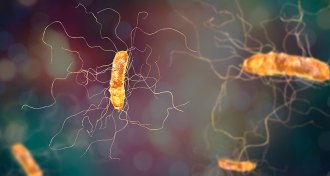 Life
LifeWhy some people may be more susceptible to deadly C. difficile infections
Proline, a type of amino acid, increases when gut microbe mixes are disturbed, giving this pathogen a ready food source.
-
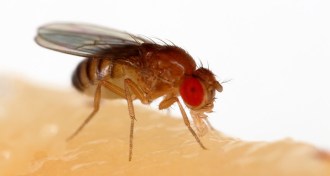 Neuroscience
NeuroscienceMessing with fruit flies’ gut bacteria turns them into speed walkers
Without the right gut microbes, fruit flies walk faster and take shorter rests, results that highlight a new connection between the gut and brain.
-
 Agriculture
AgriculturePlants engineered to always be on alert don’t grow well
Scientists bred a type of weed to lack proteins that help stem the production of bitter chemicals used to ward off insect attacks.
-
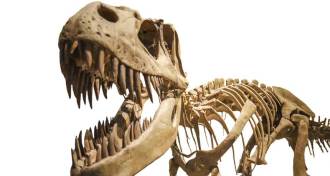 Paleontology
PaleontologyT. rex pulverized bones with an incredible amount of force
Tyrannosaurus rex’s powerful bite and remarkably strong teeth helped the dinosaur crush bones.
-
 Life
LifeHow to make organ transplants last
New strategies aim to help transplant recipients keep their organs healthy with fewer (or no) immune suppressing drugs.
-
 Genetics
GeneticsDNA differences are linked to having same-sex sexual partners
Genetic differences are associated with choosing same-sex partners in both men and women.
-
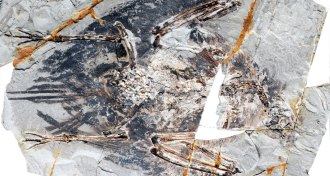 Paleontology
PaleontologyIn a first, scientists spot what may be lungs in an ancient bird fossil
Possible traces of lungs preserved with a 120-million-year-old bird fossil could represent a respiratory system similar to that of modern birds.